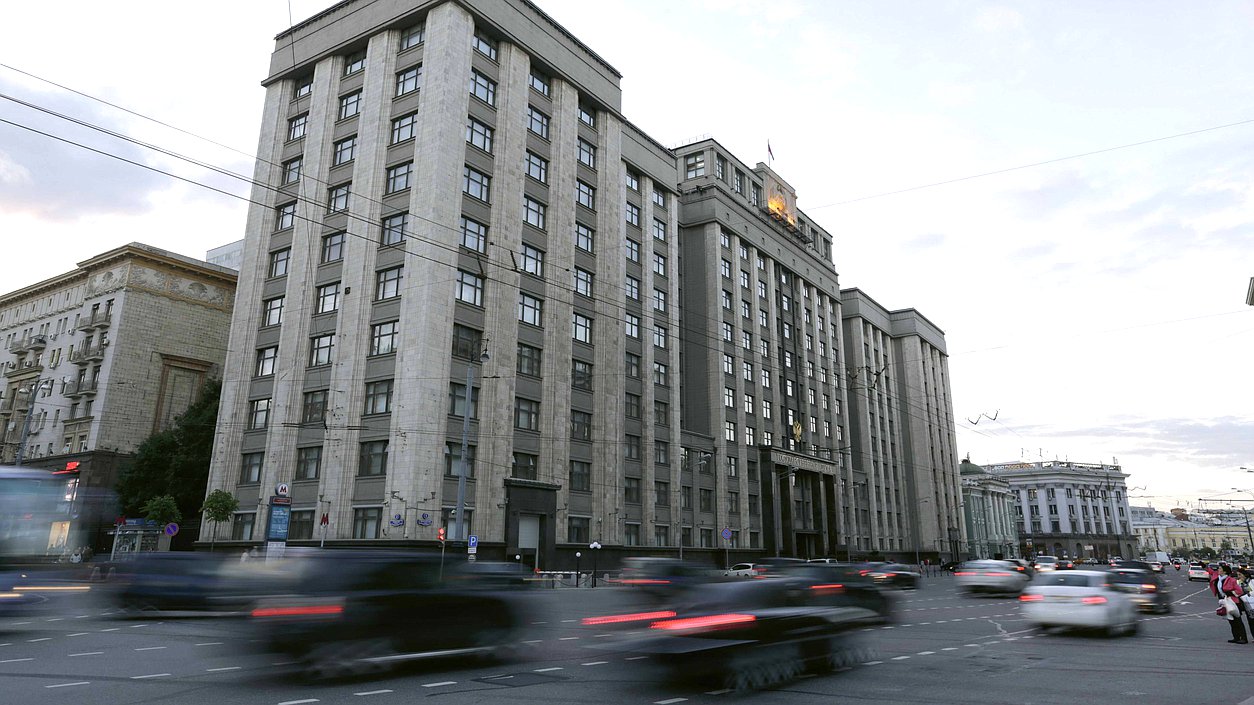
History of the State Duma
The history of the representative legislative body of state power in Russia began with the establishment of the first State Duma in 1905. During the work of the four Dumas of the Russian Empire laws on education and on labor protection in the workplace were approved. Members of the Duma developed measures for the social protection of the poor and other segments of the population. A significant budget was allocated for the rearmament of the army and navy after the defeat in the Russian-Japanese War. Special attention was paid to public education and the development of the social sphere: funds were allocated for the construction of schools, hospitals, churches, charity houses.
During the period of the existence of the RSFSR and the USSR, representative and legislative functions were performed by the All-Russian Central Executive Committee and various forms of the Soviets, depending on the historical period. First, the Soviets of workers, soldiers and peasants' deputies, then the All-Russian and All-Union Congresses of Soviets, the Supreme Soviets of the RSFSR and the USSR, the Soviets of People's Deputies of the USSR became the highest authorities. The principle of their composition and scope of competence changed in accordance with the adopted Constitutions of the Republic and the Union.
In the modern history of Russia, the State Duma, along with the Federation Council, is one of the two chambers of the Federal Assembly of the Russian Federation. The purpose of modern Russian legislation is to identify needs for the regulation of public relations, ensuring the scientific validity and effectiveness of lawmaking activity in changing reality and meeting new challenges. Federal constitutional laws and federal laws adopted by the State Duma constitute the main source of law, they have the highest legal force in the Russian Federation, regulate the most important public relations and have direct effect.